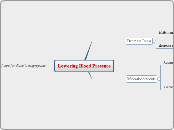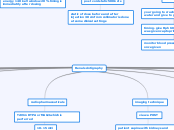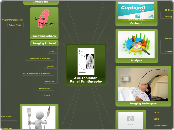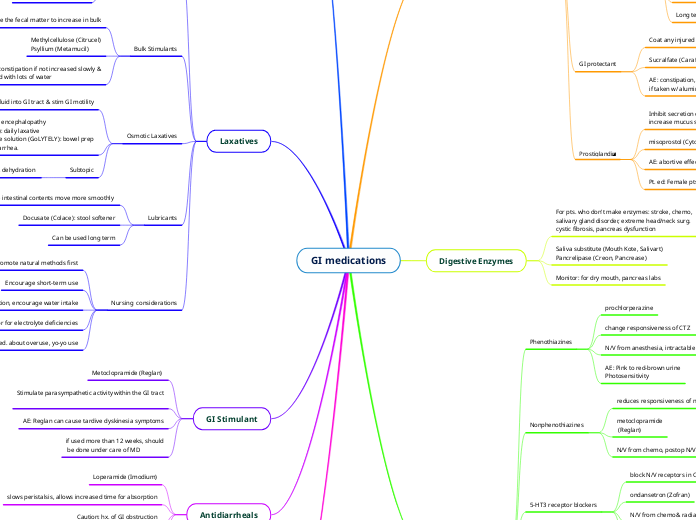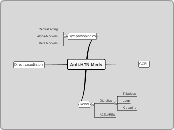Lowering Blood Pressure
also std of care for diabetic nehpropathy
reduce AT II action
ARB's (AT Receptor Blockers)
Valsartan
MOA: blocks binding of AT II to AT-1 receptors (same as losartan K)
food markedly decreases absorbtion
Diovan HCT
Losartan Potassium
MOA: blocks binding of AT II to AT-1 receptors
*more efficacious in reducing the action of AT II
actions:
inhib contraction of vascular smooth muscledecr catecholamine releasedecr aldosterone biosynthesisdecr thirstdecr ADHdecr AT II mediated changes in renal fxn (ie decr Na retention)decr cellular hypertrophy and hyperplasiaavailable in combo with HCTZ
Hyzaar
NO COUGH!
dizziness
decrease AT II production
PDP/ACE Inhibitors
Use for:
HTN (decr vasoconstriction) - esp diabetic nephropathy <--ACE or ARB
CHF (incr vasodilation)<-- ACE are DoCPost MI <-- ACE are DoCanginal pain, ischemic eventsall are renal sparing, so they do not increase transglomerular pressure
Lisinopril
advantages
Enalapril
MOA: same as captopril
advantages:
bioavailability not affected by food
qd dosing
IV admin
No sulfhydryl group so fewer AEs
has carboxyl group instead
AE
no hypogustia
Captopril
MOA: blocks conversion of AT I -> AT II and increases activity of bradykinin (which breaks down vasodilators to inactive peptides)
(1) decreases production of vasoconstrictors (AT II)
(2) decreases destruction of vasodilators (bradykinin)
oralhas sulfhydrl grouprenal-sparing (doesn't increase transglomerular pressure)will effectively decrease both AT 1 & AT 2 receptor activityfood reduces bioavailabilty by 25%renal sparing
does not increase transglomerular pressure
which would lead to glomerular damage
drug interactions
w/ triamterene or amiloride
AE:
increased renin and AT I production
hypoglycemia
rash (hypersensitivity)
neutropenia
proteinuria
non-productive cough
b/c increased bradykinin stimulates the cough reflex
hypogustia (loss of taste)
hyperkalemia
b/c it reduces aldosterone secretion, so you're not spilling as much K+Mineralocorticoids
K-sparing diuretics
Physiologic Antagonists
Amiloride
Triamterene
Competitive Antagonists
Eplerenone
much more specific mineralocorticoid antag
Spironolactone
binds to mineralocorticoids, androgen, AND progestin receptors
Agonists
in combo with glucocorticoids, are used as replacement in adrenal insufficiency
Deoxycorticosterone acetate (DOCA)
IV or IM in oil
Fludrocortisone
DoC, oral
Decrease Renin
decrease renin release
CNS Adrenolytics
eg. Clonidine, Methyldopa
Beta Blockers
eg, Propranolol
inhibit renin action
Aliskiren (Tekturna)
renin inhibitor
